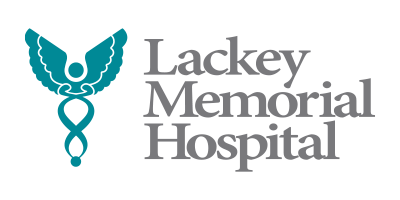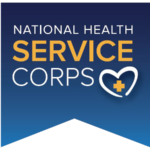Sleep Center
(601) 469-2254
In spite of the fact that Americans spend around 1/3 of our lives asleep, there is little attention paid to disorders of sleep. Some 40 million Americans suffer from chronic disorders of sleep and wakefulness. Unfortunately, these often remain unidentified and undiagnosed by patients and physicians alike. Sleep studies are generally easy to tolerate, comfortable for patients, and give the sleep physician the information needed to accurately diagnose and treat sleep disorders. Full evaluations include the assessment of a sleep disorder by consultation and, if necessary, by polysomnography (sleep studies). Disorders evaluated include, but are not limited to: snoring, obstructive sleep apnea, insomnia, narcolepsy, restless leg syndrome, sleepwalking and nightmares.
Symptoms of Sleep Apnea
- Excessive daytime sleepiness. Generally, a “tired feeling” all the time or at inappropriate times
- Morning headaches
- Loud snoring with periods of silence or “gasps”
- Dozing while driving
- Memory and/or judgment problems
- Irritability
- Personality changes
- Sleep Apnea Questionnaire – Do you:
- Know that you snore or are told that you snore?
- Often get sleepy in the daytime?
- Feel drowsy when driving?
- Wake up with morning headaches?
- Have frequent memory or judgment problems during the day?
- Experience frequent irritability during the day?
- Notice or are told you have a personality change?
- Wake up and/or make frequent trips to the bathroom during the night?
- Weigh 20% or more than your ideal body weight?
- Have a neck size 17 inches or greater (male) or 16 inches or more (female)
- Have high blood pressure?
- Have a decrease in sexual drive?
Risk Factors for Sleep Apnea:
- Obesity: 20% or greater of ideal body weight
- Large neck girth
- Male gender
- Anatomic abnormalities such as large tonsil, adenoids, etc.
- Family history
- Alcohol or sedative use
- Lung disease
- Age greater than 65

